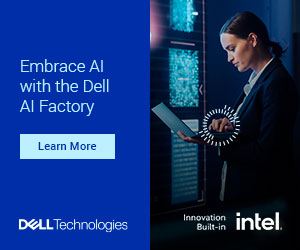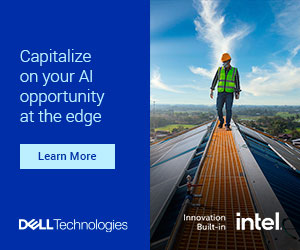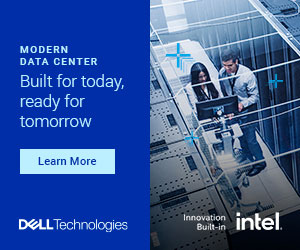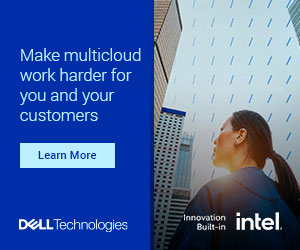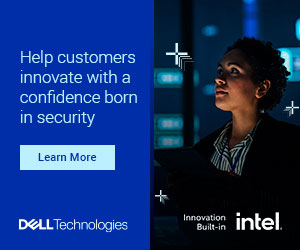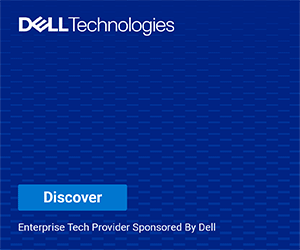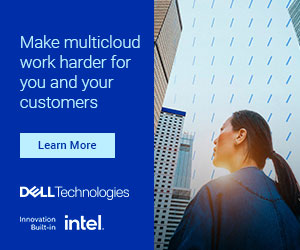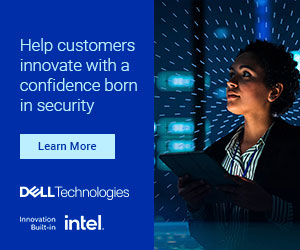Gartner, Inc. today highlighted five technologies that will transform the digital future of organizations. They include digital humans, satellite communications, tiny ambient IoT, secure computation and autonomic robots.
Speaking at Gartner IT Symposium/Xpo on the Gold Coast today, Nick Jones, Distinguished VP Analyst at Gartner said, “All five of these technologies are potentially transformational and should be investigated now due to their wide scope and ability to enable new business models or significant new capabilities.
“Everyone's definition of disruptive is different, however, so evaluate them from your organization’s unique perspective and their potential impact. Then consider new business opportunities enabled by individual technologies, as well as combinations of them."
1. Satellite Communications
Increasing interest in low earth orbit (LEO) satellite communications is being driven by the democratization and commercialization of space. Low latency makes LEO an important technology for enterprises to revolutionize communications to people and things.
According to Gartner, LEO will deliver broadband with global coverage and low enough latency for a wide range of tasks; direct satellite connection for small IoT devices to provide affordable global coverage without involving SIMs, telco providers and roaming complications; and voice and data services from a satellite to an unmodified 4G smartphone to extend coverage to remote locations.
“The industry remains nascent, with a lot of evolution expected, so take a cautious approach to adopting LEO early as this is an emergent technology in a complex market,” said Jones.
2. Tiny Ambient IoT
Tiny ambient IoT enables tagging, tracking and sensing of anything without the complexity or cost of battery-powered devices. The result is the ability to unobtrusively sense more information, about more things, in more ways, at a lower cost than in the past.
This will enable new ecosystems; new business models based on knowing the location or behavior of objects; smarter products with new behaviors; and a much lower cost of tracking and monitoring. Tiny ambient IoT will expand opportunities for a wide range of businesses, but Gartner recommends assessing potential social and regulatory issues before adoption.
3. Secure Computation
Secure computation is becoming vitally important as things become increasingly connected and as ecosystems access more personal information. It enables data to be exploited without compromising privacy.
While many of the principles of secure computation are already established, implementation is challenging for reasons of cost, skills, performance and availability. To help overcome these, Gartner suggests emerging technologies such as optical accelerators will be important to enable deployment.
For access to the full article visit
here.





